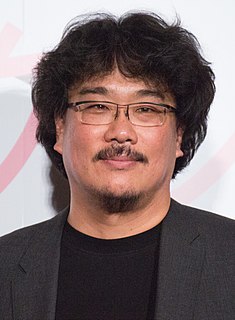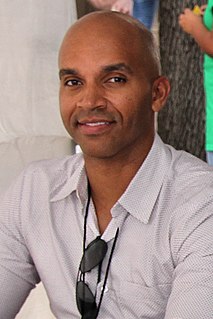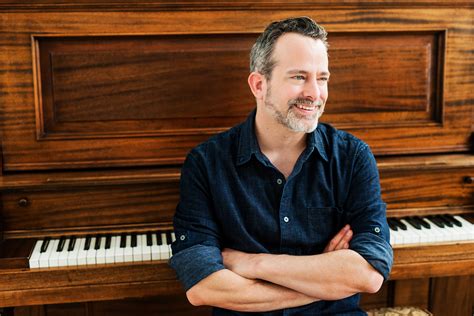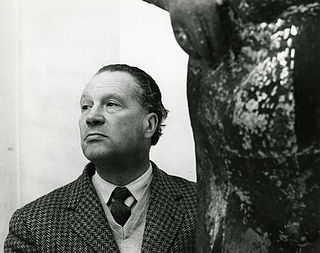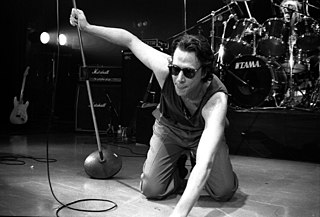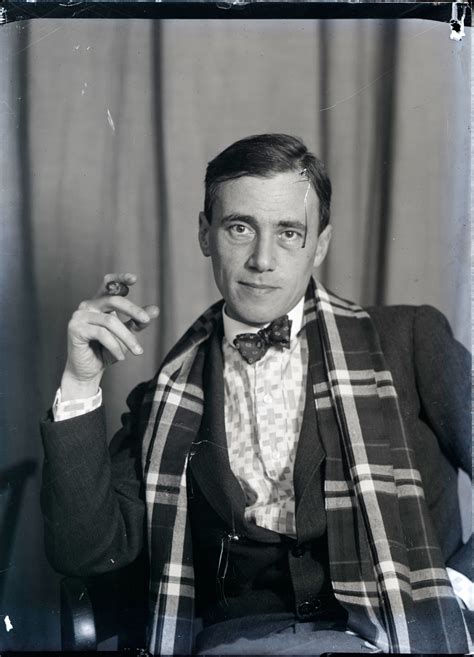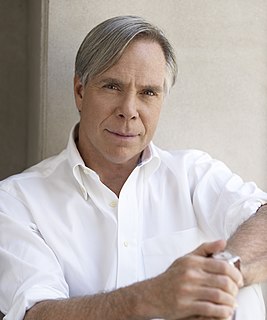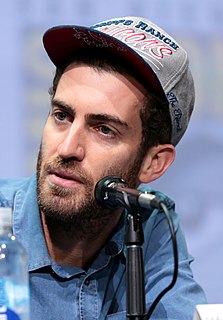A Quote by Bong Joon-ho
I think each film should be regarded as its own specific text.
Related Quotes
One of the earliest memories I have of feeling the power of film music was watching Willy Wonka & the Chocolate Factory. That was a really clear epiphany for me, when I realized that each film has its own music, and that there was someone out there who wrote this very specific music for just this one film.
If you take text and image and you put them together, the multiple readings that are possible in either poetry or in something visual are reduced to one specific reading. By putting the two together, you limit the possibilities. Text and image don't always work together in the way music and song lyrics become part of each other.
I think 'Two Towers' is a completely distinct film from 'Fellowship of the Ring' or 'Return of the King.' I think that you can watch them as a group and watch how the story evolves, but I think each one was made in its own entirety, and each one has its own palate of sound and music and color and characterization.
I conceive of the film as a modern art form particularly interesting to the sense of sight. Painting has its own peculiar problems and specific sensations, and so has the film. But there are also problems in which the dividing line is obliterated, or where the two infringe upon each other. More especially, the cinema can fulfill certain promises made by the ancient arts, in the realization of which painting and film become close neighbors and work together.
I think your text [script] is everything; it's what informs you; it's what gives you the given circumstances. Then you take that and you add your own creativity and your own spin on things and you make it personal. That's what makes that character and that text unique to you, when you personalize it. I think that's where your job as an actor comes in.
I think if a young person is passionate about something specific, he or she should follow their passion. You look at Bill Gates or Steve Jobs, all of these successes in Silicon Valley, these people have had passion in a specific area and have therefore succeeded. College isn't for everyone. If you don't have that passion or that specific focus in mind, I believe you should go to university and get an education.
The discourse on the Text should itself be nothing other than text, research, textual activity, since the Text is that social space which leaves no language safe, outside, nor any subject of the enunciation in position as judge, master, analyst, confessor, decoder. The theory of the Text can coincide only with a practice of writing.
With Orff it is text, text, text - the music always subordinate. Not so with me. In 'Magnificat,' the text is important, but in some places I'm writing just music and not caring about text. Sometimes I'm using extremely complicated polyphony where the text is completely buried. So no, I am not another Orff, and I'm not primitive.
